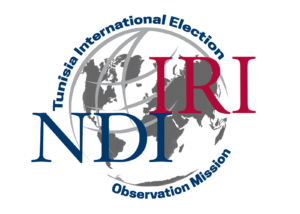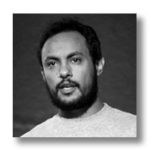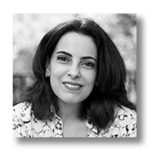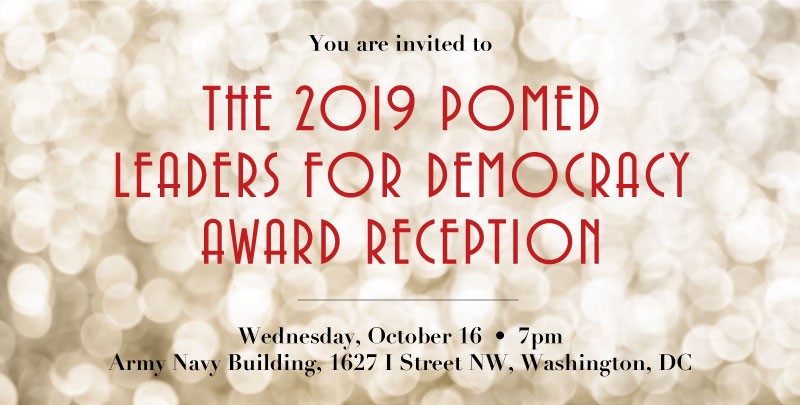Two outsiders — law professor Kais Saied and media tycoon Nabil Karoui — are claiming an edge in Tunisia’s presidential vote, ahead of official results, VOA reports (above).
The two leading candidates have never held political office, but in other ways could hardly be more different, The New York Times adds:
- Mr. Saïed is an intellectual who ran an independent, bare-bones campaign that made little effort to connect with voters on social media or in electoral districts. His profile was so low before he announced his candidacy that diplomats tracking Tunisian politics barely knew who he was.
- His opponent, Mr. Karoui, is a well-known media mogul sometimes compared to former Prime Minister Silvio Berlusconi of Italy. He is known for using his private television station to advertise his charitable works in the country’s poor areas.
An official in Ennahda, seen as Tunisia’s main anti-establishment force before it joined successive recent governments, said it would now focus on the Oct. 6 election for parliament, which wields more power than the presidency, Reuters adds. Turnout was 45%, down from 63% in 2014, though foreign election monitors said this was because of increased voter registration, meaning the total number of voters was about the same.
 Tunisians were able to participate in a well-administered election despite a shortened electoral timeline, said election observers. However, unclear and unevenly enforced campaign regulations impeded voters’ ability to engage directly with candidates. The highly contested election was also conducted against a backdrop of economic stagnation and disappointment in the pace of reform, said the International Republican Institute (IRI) and the National Democratic Institute (NDI) joint international Election Observation Mission.
Tunisians were able to participate in a well-administered election despite a shortened electoral timeline, said election observers. However, unclear and unevenly enforced campaign regulations impeded voters’ ability to engage directly with candidates. The highly contested election was also conducted against a backdrop of economic stagnation and disappointment in the pace of reform, said the International Republican Institute (IRI) and the National Democratic Institute (NDI) joint international Election Observation Mission.

Achref Aouadi
The preliminary statement of the delegation, led by IRI President Dr. Daniel Twining, former Scottish Labour Party MP Margaret Curran and NDI Middle East and North Africa Director Les Campbell, made several recommendations, including the need for clear and consistently enforced campaign laws, further efforts to educate and mobilize voters, and responsive governance that can address citizens’ economic and security concerns.
“While #Tunisia’s presidential elections were well-conducted overall, there is a need for clearer rules between candidates and the court process, concluded our joint @IRIglobal/@NDI international election observation mission,” IRI’s Twining tweeted.

Hala Aldosari
Tunisian activist Achref Aouadi, the founder of IWatch, a watchdog anti-corruption organization founded after the 2011 revolution, will be honored by the Project on Middle East Democracy (see below), alongside Hala Aldosari, award-winning activist and scholar from Saudi Arabia, and the Washington Post’s first Jamal Khashoggi fellow; Can Dündar, an award-winning Turkish journalist and former editor-in-chief of Cumhuriyet; Soufiane Djilali, founder and leader of Mouwatana, an Algerian citizen movement formed in 2018 to campaign against a fifth term for former president Abdelaziz Bouteflika; and anti-corruption analyst Sarah Chayes, among others. RSVP








